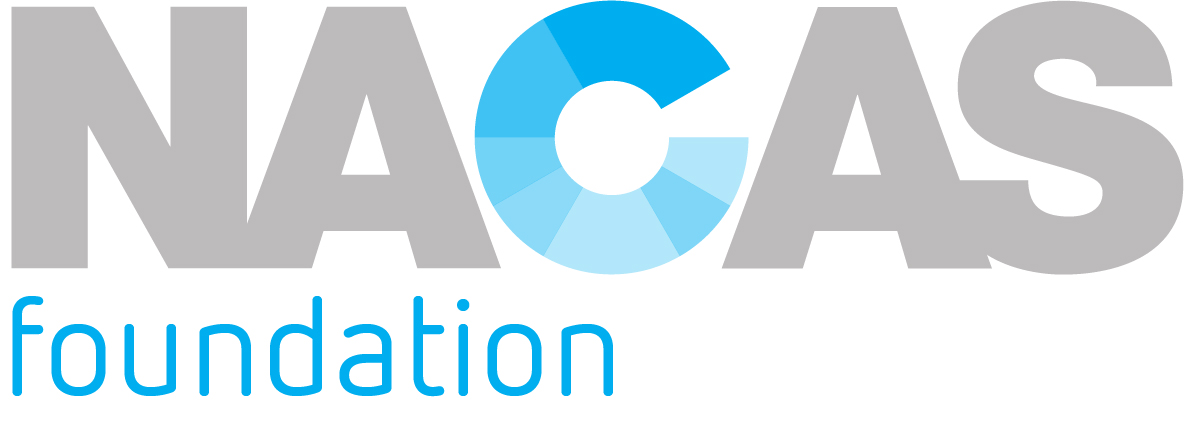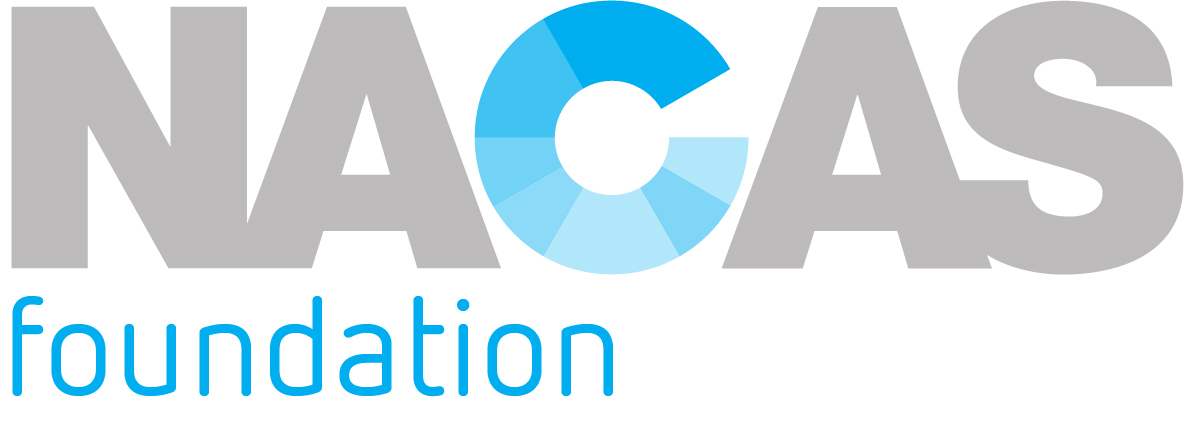2 min read
NACAS Foundation Announces Campus Care Grant
(Charlottesville, Virginia – June 12, 2019) — The NACAS Foundation is pleased to announce the establishment of the Campus Care Grant. This grant awards up to $25,000 annually to programs or services that support student achievement by addressing a basic need of students on campus, such as housing, food, mobility, safety, academic resources, and counseling. The NACAS Foundation developed the Campus Care Grant to expand the level of support campuses can provide to students through service delivery.
“The NACAS Foundation wanted to ‘raise the bar’ on what we could do for students directly. Our goal is to step beyond individual scholarships to have a greater and more direct impact on student needs,” said Melissa Moore, NACAS Foundation President and Communicator for Campus Services at Georgia Tech. “We are starting by addressing basic needs like food insecurity, homelessness, and mental health.”
The rising cost of higher education has a huge impact on students’ quality of life. According to a study published in SAGE Journals by Dr. Katherine M. Broton and Dr. Sarah Goldrick Rab, up to half of the nation’s students at two- and four- year colleges and universities may struggle with food insecurity. At least one-third of students at two-year institutions are housing insecure and 14 percent are homeless. Between 11 and 19 percent of students at four-year institutions are housing insecure. Lower graduation rates and mental/physical health challenges are just a few of the cyclical consequences of these issues.
“Colleges and universities only exist because students want to attend and learn. Students who are hungry and are worried about where they will spend the night cannot focus on their education,” said Moore. “That’s where campus auxiliary services can step in and help by providing food, housing, safety, and other resources for students. This grant can help those students in need.”
Insights from NACAS Research outline how students define success. The findings demonstrate that while students are focused on academic achievements and the goal of ultimately graduating with a degree, they are also focused on what NACAS calls “micro successes.” Sixty-eight percent of students define success primarily by personal traits, such as: being committed, working hard, being ambitious or achieving goals. Seventy-six percent agreed that worrying about basic needs is one of the biggest barriers to achieving success while in college.
“Students rank ‘student community’ as the number one most important factor in achieving success,” said Kelsey Harmon Finn, NACAS CEO. “Our actions here matter most. It is our job, as auxiliary services professionals and educators, to impact student success in the way students define it for themselves. We must ensure that we are creating environments that improve the quality of life for all students.”
That’s where the Campus Care Grant comes in. As societal and economic changes bring impactful stresses to students’ lives, campus service leaders rally and respond by problem-solving for barriers like residence and meal plan affordability, lack of transportation options, complexities in navigating on-campus resources, and much more. From food pantries to co-op living programs to peer-to-peer counseling and everything in between, the Campus Care Grant provides financial backing to programs that bridge the gap between what students have and what they need to thrive.
“We have found that there is a direct positive correlation between students who consider themselves highly successful and the rate at which they believe auxiliary services is important to their success,” said Finn. “What students are asking for to improve their success is outside the classroom access, meaning more time with academic staff, access to their community and peer-to-peer mentoring, and more access to auxiliary services professionals and student employers.”
Applications for the Campus Care Grant are due by August 31, 2019. Those interested in applying should submit a detailed written statement of the proposed project or service, a budget outlining how the funds will be spent, and letter(s) of support from students and administrators explaining how the project will address one or more basic needs.
“Every school who has at least one student who is suffering because of these issues — food insecurity, homelessness, stress concerns that lead to mental health problems, any basic need that prevents students from concentrating on their education — should apply for the grant,” said Moore. “To the schools who think they do not have these students on their campus, they should take another look.”
About NACAS
Founded in 1969 as the National Association of College Auxiliary Services, NACAS is a professional trade association that supports the non-academic segment of higher education responsible for generating business through a diverse array of campus services that students need and value – such as food services, bookstores, housing, and transportation. NACAS Members work at a leadership level within 4-year and 2-year colleges and universities located worldwide and oversee multiple auxiliary services, making executive decisions that shape them to create hospitable and well-rounded campus communities. As the leading organization supporting all campus services, NACAS is the community-of-choice for strategic leaders who advance campus environments to improve the quality of life for students.
About the NACAS Foundation
The NACAS Foundation is a non-profit, charitable 501(c)(3) corporation formed for the sole purpose of supporting and promoting the auxiliary services profession through NACAS. The Foundation supports the professional development and leadership opportunities necessary for NACAS members to be successful as they support higher education through auxiliary/campus services in an ever-changing environment. Through generous support of members and business partners, the Foundation has been able to help fund new professional development programs, assist in improving technology, support scholarships, provide research funds, and support the CASP certification.

